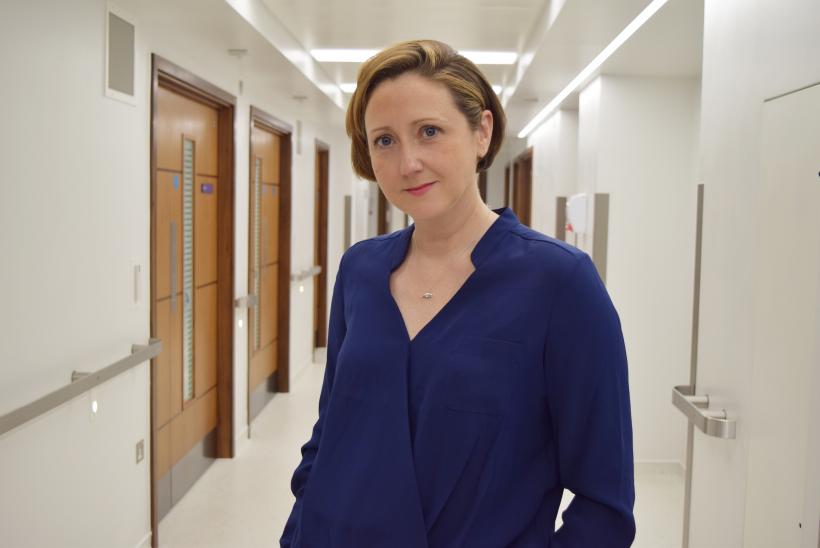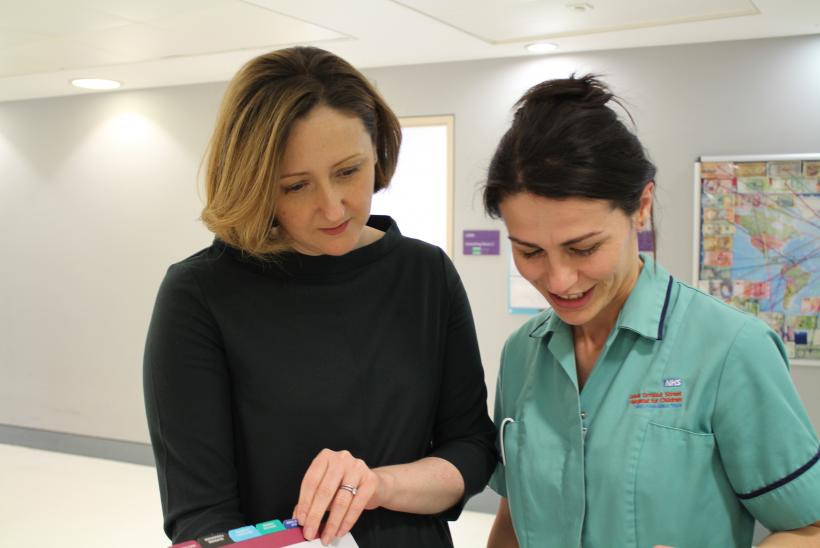Primary Immunodeficiency explained by Dr Claire Booth, Honorary Consultant in Paediatric Immunology
What is Primary Immunodeficiency
Primary immunodeficiencies are rare, genetic disorders where part of the immune system has not developed properly or doesn’t function normally.
What causes Primary Immunodeficiency?
Primary immunodeficiencies are caused by mutations, or mistakes, in specific genes. This can occur spontaneously but more often they are inherited. Parents may carry a defective copy of the gene and this is important to know as it helps us to understand the risk for any future children of being affected.
Are there any obvious external symptom or things to look out for?
The immune system fights infection, so if it does not work properly children become more susceptible to infections. In the case of PID, these infections can be very severe, caused by unusual bugs or be more frequent than we would expect. Although infection is the most common symptom, other symptoms include severe eczema, failure to thrive, colitis, enlarged lymph nodes, autoimmune problems and occasionally certain forms of cancer.
What are GOSH doing to tackle this illness?
At GOSH we have extensive experience of diagnosing and managing patients with PID. We treat acute problems such as active infections but also focus on preventing further infections and damage to organs such as the lungs using prophylactic antibiotics, immunoglobulin therapy if necessary and monitoring patients appropriately. Many conditions can be cured with a bone marrow transplant (sometimes called hematopoietic stem cell transplant). The bone marrow gives rise to all the cells of the immune system, so if we replace the patients’ bone marrow with bone marrow cells from a healthy donor, this allows the patient to develop a functional immune system.
We have also developed novel treatments for a number of conditions including gene therapy and thymic transplant. In gene therapy, we take the patients own bone marrow stem cells, use a virus to add a working copy of the missing or defective gene into their cells and then return the cells to the patient. The gene corrected stem cells are then able to produce a working immune system. GOSH is one of the leading centres in the world for this type of treatment with open clinical trials for several conditions. We are also at the forefront of research in this area with new therapies for many more PIDs in development.

Claire Booth
Honorary Consultant in Paediatric Immunology
To view Dr Claire Booth's full profile, please click here


